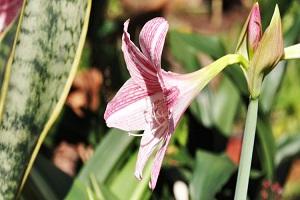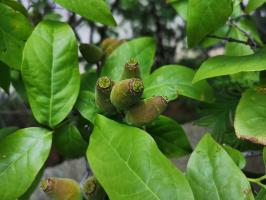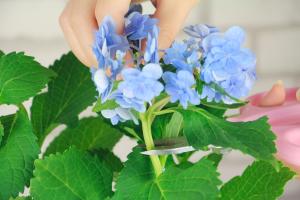Is Watering Plants with Distilled Water Beneficial?
Water is essential for plant growth and development. However, the quality of the water used can affect the health of plants. Many gardeners and plant enthusiasts are turning to distilled water as an alternative to tap or well water. But is watering plants with distilled water beneficial? Let's explore.
What is Distilled Water?
Distilled water is water that has been boiled and condensed, removing impurities and minerals. It is considered to be highly purified and free of contaminants, making it safe for consumption and other applications.
The Benefits of Watering Plants with Distilled Water
One of the main benefits of watering plants with distilled water is that it does not contain minerals that can be harmful to plants. Tap water and well water can contain high levels of minerals such as calcium, magnesium, and sodium. These minerals can accumulate in the soil over time, causing damage to the roots and reducing the plant's ability to absorb nutrients.
Distilled water also has a neutral pH, which is beneficial for plants that require a specific pH level to thrive. Acid-loving plants, such as blueberries and azaleas, can benefit from distilled water as it does not contain alkaline minerals that can raise soil pH.
Finally, distilled water is free of chlorine and other chemicals that are often found in tap water. These chemicals can harm beneficial microorganisms in the soil, which can affect plant growth and development.
The Drawbacks of Watering Plants with Distilled Water
While there are many benefits to watering plants with distilled water, there are also some drawbacks to consider. One of the main drawbacks is the cost. Distilled water can be more expensive than tap water, especially if you have a large garden or indoor plant collection.
Another drawback is that distilled water lacks the essential minerals that plants need for growth and development. While minerals in tap water can be harmful to plants in high concentrations, they are also important in small amounts. Without these minerals, plants may become nutrient deficient and have stunted growth.
Finally, watering plants with distilled water can be time-consuming. Unlike tap water, which is readily available, distilled water often needs to be purchased or collected from a distillation unit. This can be impractical for some gardeners.
Conclusion
In conclusion, watering plants with distilled water can be beneficial in certain circumstances, such as for acid-loving plants or in areas with highly mineralized tap water. However, it is important to consider the cost, lack of essential minerals, and time-consuming nature of using distilled water for all of your gardening needs. In general, tap water is still a safe and practical option for most plants, as long as it is not highly mineralized and contains low levels of chlorine and other chemicals.

 how many times do yo...
how many times do yo... how many planted tre...
how many planted tre... how many pine trees ...
how many pine trees ... how many pecan trees...
how many pecan trees... how many plants comp...
how many plants comp... how many plants can ...
how many plants can ... how many plants and ...
how many plants and ... how many pepper plan...
how many pepper plan...






























